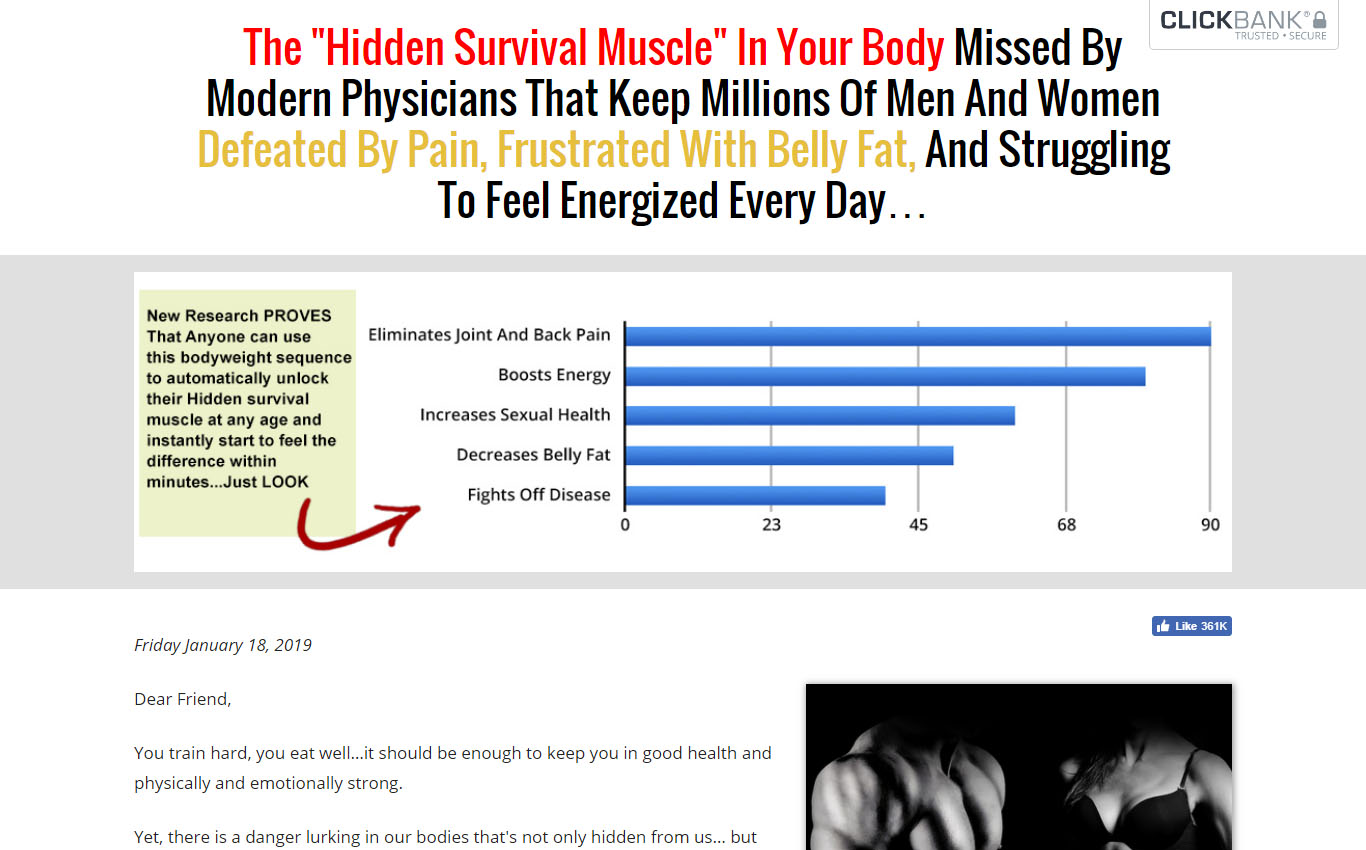Gait analysis studies in the elderly show that they typically have a shortened step length. Whether that is a result of tight hip flexors or due to reduced balance, the propensity to walk with shorter steps will itself lead to tightness in hip flexors and anterior joint structures. Hip stretches may be a relatively easy preventative strategy for the elderly with gait abnormalities and may help to prevent falls.

Mechanical pain. By far the most common cause of lower back pain, mechanical pain (axial pain) is pain primarily from the muscles, ligaments, joints (facet joints, sacroiliac joints), or bones in and around the spine. This type of pain tends to be localized to the lower back, buttocks, and sometimes the top of the legs. It is usually influenced by loading the spine and may feel different based on motion (forward/backward/twisting), activity, standing, sitting, or resting.
There are many additional sources of pain, including claudication pain (from stenosis) myelopathic pain, neuropathic pain, deformity, tumors, infections, pain from inflammatory conditions (such as rheumatoid arthritis or ankylosing spondylitis), and pain that originates from another part of the body and presents in the lower back (such as kidney stones, or ulcerative colitis).
To avoid hip flexor pain, you should pay more attention to these muscles, Dr. Siegrist explains. When you are seated, your knees are bent and your hip muscles are flexed and often tighten up or become shortened. “Because we spend so much of our time in a seated position with the hip flexed, the hip flexor has the potential to shorten up. Then, when you are in a hurry because you are running to catch a bus or a plane, or you trip and fall, the muscle could become stretched. Here’s this stiff, brittle muscle that all of a sudden gets extended, and you could set yourself up for strain or some hip flexor pain.”
Some of these red flags are much less red than others, especially depending on the circumstances. For instance, “weight loss” is common and often the sign of successful diet! (Well, at least temporarily successful, anyway. 😃) Obviously, if you know of a harmless reason why you have a red flag symptom, it isn’t really a red flag (duh!). But every single actual red flag — in combination with severe low back pain that’s been going on for several weeks — is definitely a good reason to get yourself checked out.

